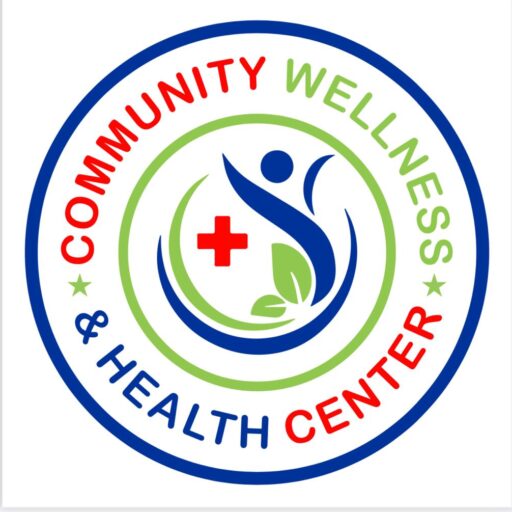The well-being, health, and development of elderly and disabled adults are of utmost importance, and adult day care centers play a significant role in supporting these aspects. One of the essential components of adult daycare is proper nutrition and wellness, which can be achieved through the provision of balanced meals and snacks. These centers ensure that nutritious foods are available to the elderly and disabled adults in their care, which can help prevent malnutrition and promote better health outcomes. Therefore, adult daycare centers are a vital resource for people who need specialized supervision and help to maintain their health and well-being.
Importance of Nutrition in Adult Daycare
The Child and Adult Care Food Program (CACFP) has identified centers and daycare homes that offer meals through the program as critical in promoting the fitness, healthiness, and growth of youngsters, older people, and individuals with disabilities. The CACFP has established nutrition standards for meals and snacks served in these centers based on recommendations from the National Academy of Medicine, scientific research, cost and practical considerations, and feedback from stakeholders. These standards emphasize the importance of serving a diverse range of vegetables and fruits, whole grains, lean meats or meat alternatives, and low-fat or fat-free dairy products while also minimizing saturated fats and added sugars. By adhering to these guidelines, centers and daycare homes can ensure that their meals and snacks are nutritious and contribute to the overall well-being of those they serve.
Providing Balanced Meals
Adult daycare centers have an essential role to play in ensuring the well-being of their clients. One of the ways they can achieve this is by providing nutritious and well-balanced meals that meet the dietary requirements of the adults who need care and support. A level diet that contains the correct mix of macronutrients like carbohydrates, proteins, and fats, as well as essential vitamins, minerals, and fiber, is crucial in maintaining good health. The provision of healthy meals in adult daycare centers not only contributes to the overall health and wellness of the clients but also enhances their quality of life. By offering nutritious meals, these centers are helping to create a supporting and nurturing atmosphere for the adults in their care.
Macronutrients
Keeping a nutritious, balanced diet is important for our overall well-being. Our bodies require three main macronutrients to provide us with energy – carbohydrates, proteins, and fats. Carbohydrates are the direct origin of fuel for our bodies, while proteins play a crucial role in building and repairing muscle tissue. Fats are also an essential macronutrient that plays a critical part in supporting our bodies to absorb fat-soluble vitamins like A, D, E, and K2. Therefore, it is crucial to consume a diet that includes all three macronutrients in the appropriate proportions to ensure that our bodies are getting the necessary nutrients to function at their best.
Micronutrients
To keep our bodies running smoothly, we need a diverse range of nutrients. One of the types of nutrients that our body requires is micronutrients, which are essential in smaller amounts. Micronutrients include vitamins, which perform various bodily functions, and minerals, which are necessary for building strong bones and other critical bodily processes. Although micronutrients are needed in smaller quantities, they recreate an important part in supporting optimal health and well-being. So, it is essential to ensure that our bodies get an adequate amount of micronutrients, along with other vital nutrients, to stay healthy and active.
Providing Healthy Snacks
Preserving a fit lifestyle needs more than just well-balanced meals that meet our nutritional needs. It’s equally essential to provide ourselves with nutritious snacks that keep us fueled throughout the day. However, choosing the right snacks is crucial to achieving this goal. Opting for healthy snack options that are low in sugar and high in fiber can go a long way in promoting good health. There are several options to choose from, such as fresh fruits like apples or bananas or raw vegetables like carrots or celery sticks paired with hummus or yogurt dip. By incorporating these healthy snack choices into our daily routine, we can ensure that we maintain our well-being and stay in top shape.
Conclusion
Proper nutrition is a fundamental aspect of adult daycare that cannot be overlooked. The provision of balanced, nutrient-dense meals that meet the daily nutritional requirements is paramount in promoting the fitness and health of senior and disabled adults. Fortunately, the Child and Adult Care Food Program (CACFP) provides invaluable guidance to operators across various settings, ensuring that they serve healthy, balanced meals and snacks to their clients. Apart from serving nutritionally balanced meals, healthy snacks should also be provided to support the dietary needs of these individuals. To encourage a fit and energetic lifestyle, it is essential to prioritize the nutritional needs of elderly and disabled adults in adult daycare settings.




